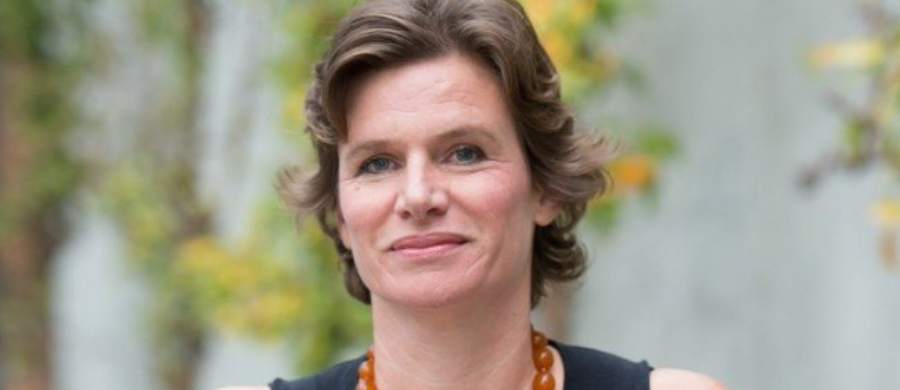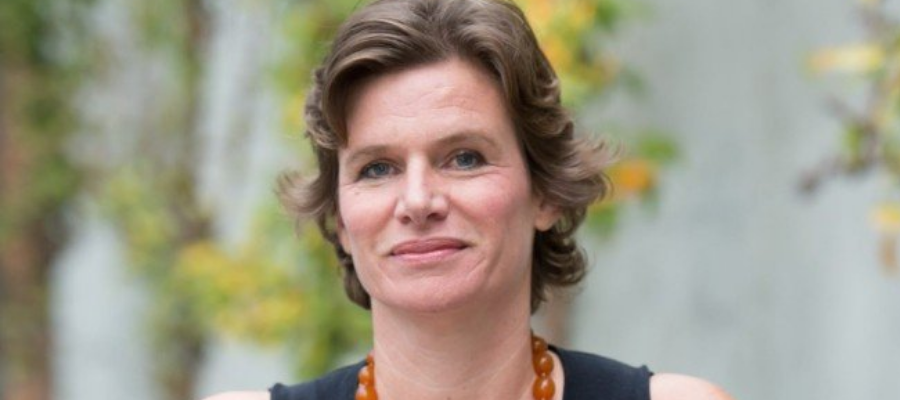Mariana Mazzucato: some reading material to familiarize you with the UOC's upcoming honorary doctor
Subject: Economy and Business
This new Library guide covers the career and works of economist Mariana Mazzucato, an expert in the economics of innovation and a leading figure in the field of public value.
Mariana Mazzucato, one of the world's most influential economists, will be awarded an honorary doctorate by the UOC in recognition of her academic career. She is Professor in the Economics of Innovation and Public Value at University College London (UCL), advisor to policy makers around the world and The New Republic named her as one of the three most important thinkers about innovation.
The ceremony will be held at Barcelona City Council's Saló de Cent at 6 p.m. on Thursday 3 February and will be live streamed.
The UOC Library Team has selected and gathered together content in a variety of formats so that you can familiarize yourself with this international expert and the ideas she advocates.
This Library guide includes the talks Mazzucato has given, her articles and books available in the Library, information on the prizes and honours she has received, and the bodies and organizations she is associated with.
In the videos and publications included in the Library guide, she debunks some of the myths around today's economic system and urges the public sector to become an actor that invests in innovation, challenging the assumption that the state can facilitate the creation of wealth, but cannot itself produce it. She also examines the current concept of economic value and how it accentuates the inequalities between those who benefit and those left worse off.
What reading material do we suggest?
How do we define what is "valuable" in an economy and to society? In this book, Mazzucato calls on us to rethink the current concept of economic value, and reviews economic theory over the course of history. She establishes a difference between those who create value – who produce goods and services – and those who extract it – those who take charge of it and can even destroy it.
Here, Mazzucato argues that, to tackle risks and new challenges, we need to leverage innovation, much as with the 'moonshot' programmes, which successfully coordinated public and private sectors on a massive scale. Her book calls for the adoption of a capitalism that deals with key issues such as the short-termism of the financial sector and the climate emergency. The goal is to steer the system towards a more optimistic future.
The UOC's upcoming honorary doctor and economist Michael Jacobs argue that today's capitalist system is insufficient for avoiding a new economic crisis like that of 2008 or for dealing with challenges such as climate change. With the conviction that capitalism needs to be reformed and reinterpreted, they tackle key issues such as fiscal and monetary policy, the financial markets, inequality, privatization, innovation and climate change.
This report from the European Commission's Horizon Innovation Programme is the result of Professor Mazzucato's insights. Again, referring to the moonshots, she proposes innovation-led economic growth that is more sustainable and equitable. This document was widely disseminated and received the supporting vote of the European Council, moving it from the realm of theory to practice and making it a new legal instrument for the Horizons programme.
With the help of this content, you will be ready to join the global debate advocated by Mazzucato.


